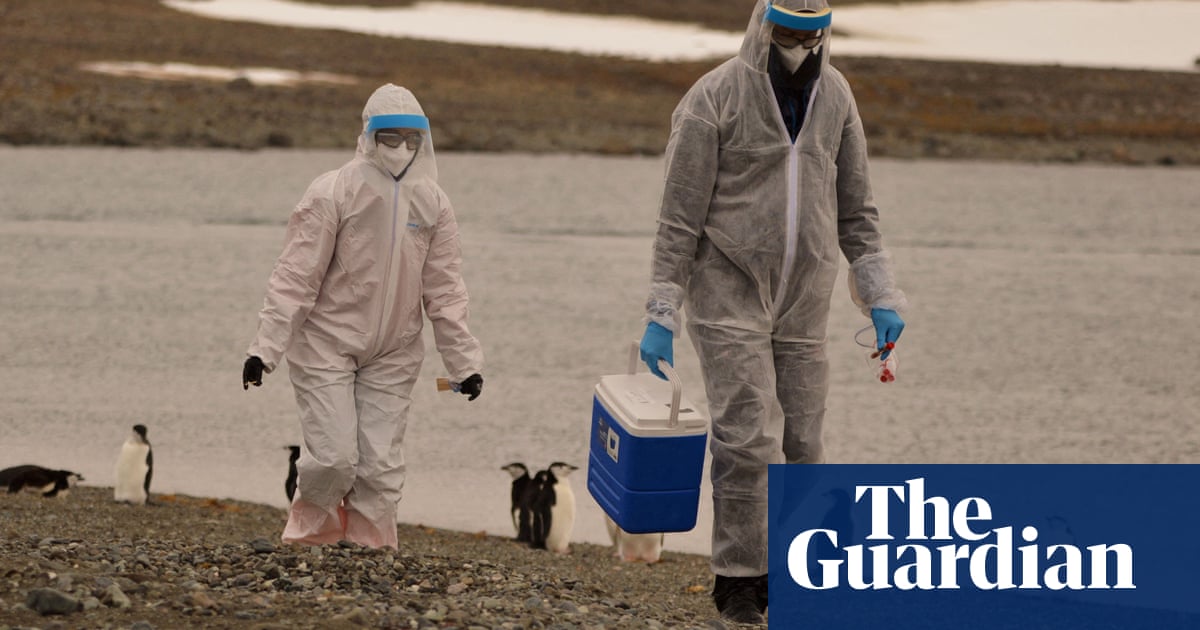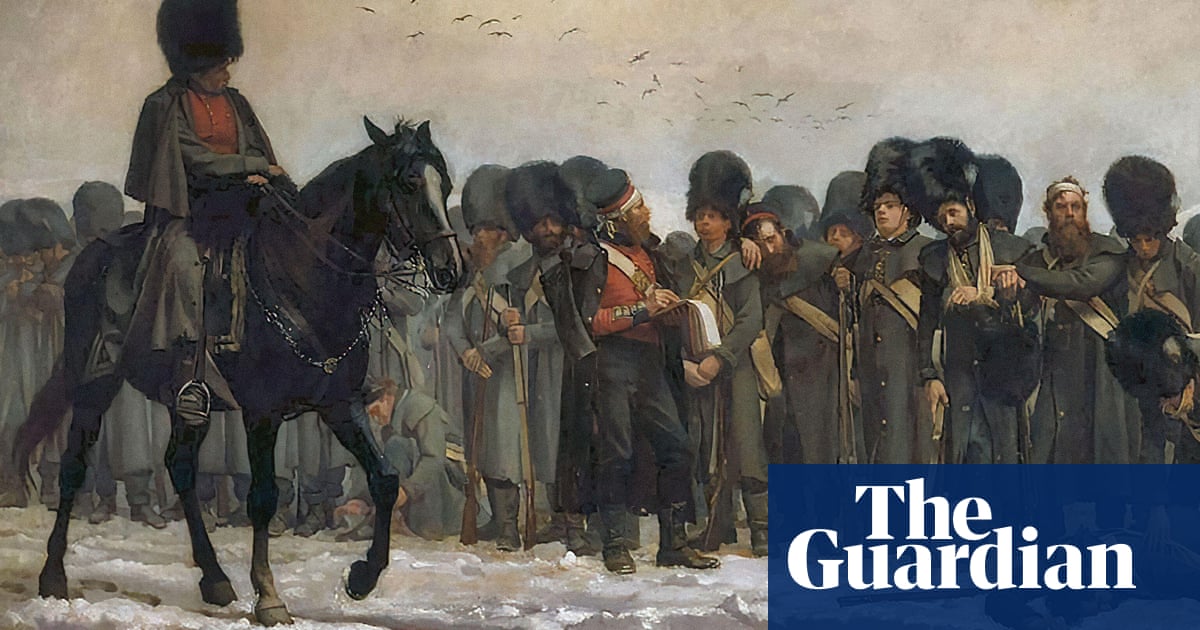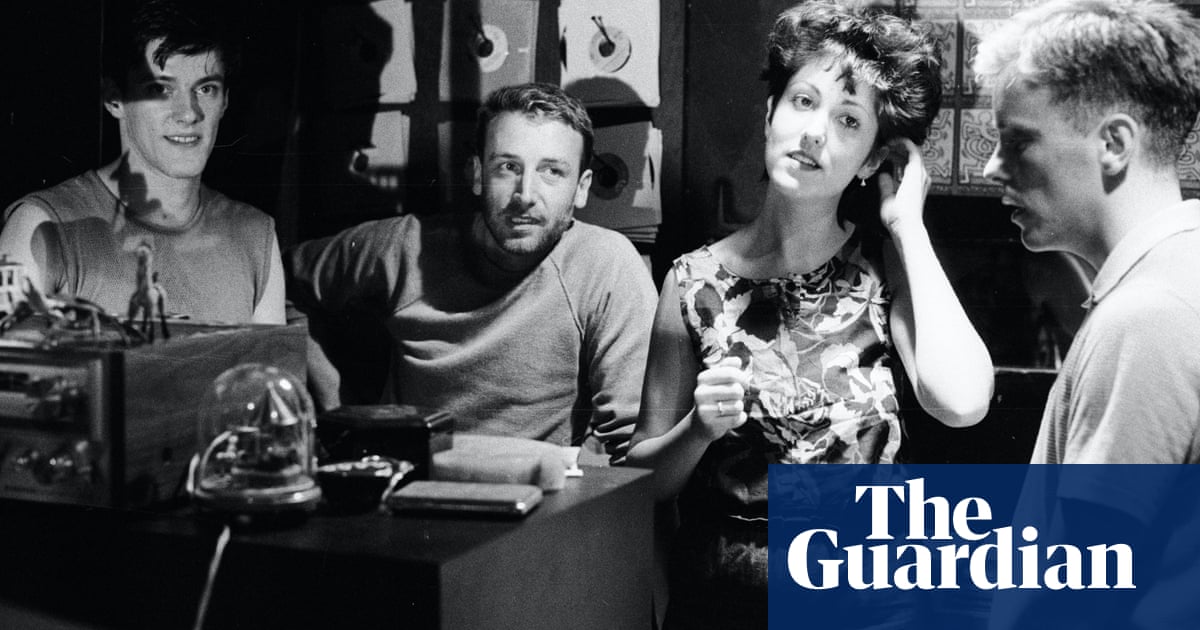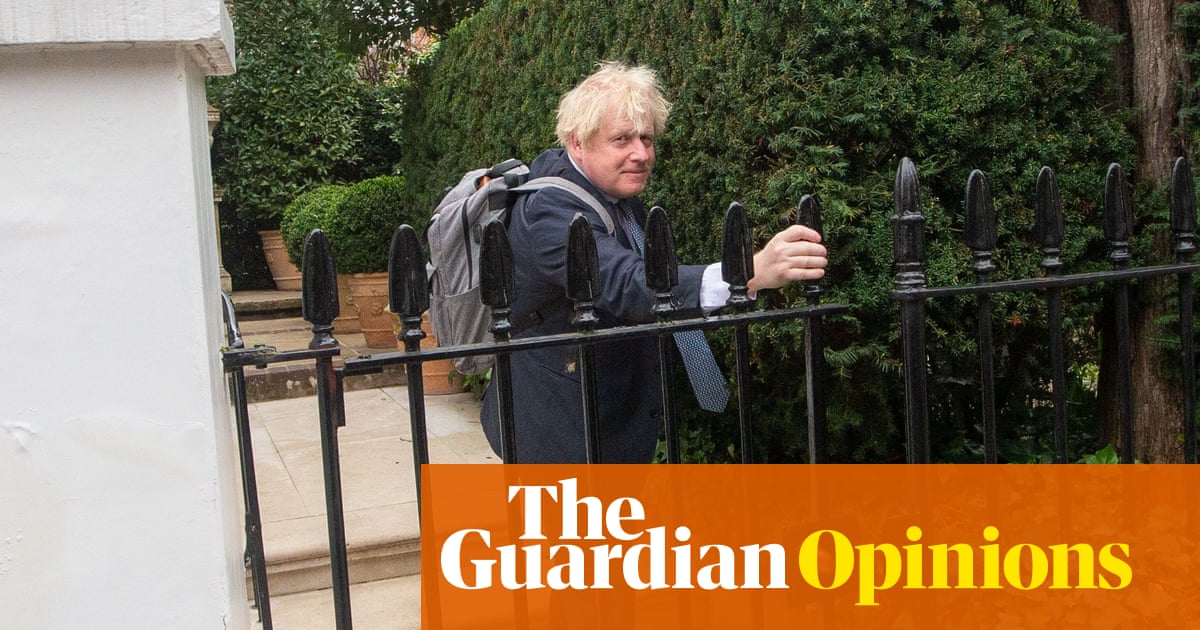
There are, Serhii Plokhy says, not many amusing stories to come out of the war between Russia and his native Ukraine. But he couldn’t help but have the bleakest of laughs at one item of news from the last week.
It was prompted by a statement from the Russian foreign ministry. Faced with the prospect of Ukrainian forces advancing across the border towards a Russian nuclear power station in Kursk, the ministry called for urgent intervention from the International Atomic Energy Agency (IAEA).
Given Russia’s conduct over the last two years – shelling and seizing the Ukrainian power station at Zaporizhzhia by force, and for a time occupying the contaminated site at Chernobyl with total disregard for the risks involved, the ironies were too brutal even for him.
Plokhy, the celebrated Harvard historian, is the author of the definitive account not only of the genesis of the current war but also of the 1986 Chernobyl disaster (for which he won the Baillie Gifford prize for nonfiction in 2018, and which was one source for the fabulous HBO drama of the disaster the following year). His new book, Chernobyl Roulette, published with urgent timing next month, is an inside account of how nuclear power facilities have become a terrifying element of the current battlefield.
It details, with professorial care, and the intermittent pace of a thriller, exactly what happened after Russian forces entered the Chernobyl exclusion zone in the first week of the invasion in February 2022, trapping more than 100 workers inside the plant for nearly five weeks, until it was liberated by Ukraine.
In many ways Plokhy was fated to tell this story. The historian was born in the shadow of Zaporizhzhia, and a few hundred miles downwind of Chernobyl (he was 19 at the time of the disaster). He left Ukraine in 1991 to teach in Canada – four months that coincided with the failed coup in Moscow that precipitated the final collapse of the Soviet Union and Ukraine’s independence.
Much of his writing since then, he told me on an online call last week, with a laugh, has been an attempt to understand “exactly what happened in the four months of my sabbatical”. The current book is the latest instalment of that vocation. You read it with mounting unease, not least because the chaotic events he describes are playing out in real time. On the day that we speak the BBC is leading its bulletins with reports of a major fire at Zaporizhzhia, a reactor complex very similar to the archaic plant at Chernobyl.
Plokhy’s book details how up until now the IAEA has been powerless in mitigating these threats – and makes the argument that “until we find out how to protect the existing nuclear power plants, we have no business at all in building new ones.” Counterintuitively he believes that the current threat in Kursk offers a small window of hope.
“Now that even Russia is pointing the finger at the IAEA there is maybe an opportunity,” he says, “to look at how basically unprepared we are to deal with a nuclear crisis within a war, when facilities that were envisioned as atoms for peace become atoms for war.”
The fact that Russia has invited Rafael Grossi, the head of the IAEA, to visit its Kursk facility next week provides tentative support to this idea (though Grossi’s pre-visit assessment that it “is a Chernobyl-type plant” in which the “[nuclear] fuel elements” are housed “in something like a sports hall” adds to the alarm.) “What is coming out of Russia for now is just rhetoric,” Plokhy says. “But the time may come when it is more than just an attempt to blame somebody else – and perhaps new protocols can be discussed.”
His account of the monumental hubris of the Russian occupation of Chernobyl might serve as Exhibit A in the need for such controls. “The words that I would use are ‘extreme recklessness’,” he says of that operation. “A total disregard for human health and human life. And from that point of view, it shows very little has changed since 1986 in terms of Russian [political] culture.”
As his original book – and the primary basis of the TV drama, Svetlana Alexiyevech’s Voices from Chernobyl – showed that apocalypse was the result not only of antiquated technology but of a command and control system that fatally prioritised party politics over science and health and safety.
Plokhy suggests that Putin’s regime has learned nothing from that disaster. “There is this episode from the current conflict which demonstrates the extent of their recklessness,” he says. “While they occupied the site the Russian army began digging trenches, in the exclusion zone at the edge of the Red Forest”. The evidence suggests that conscripted troops, without any protective clothing or equipment, blithely excavated some of the most toxic radioactive land on earth.
The other pivotal scene in the current book involves the extraordinary moment when the commanders of Russian forces entered the operations room of the Chernobyl plant. Their plan was to take into custody the safety experts and scientists who monitored the plant, without any apparent contingency for what came next. Plokhy describes how the power balance in that room quickly shifted as the people in charge of the plant coolly observed that if they handed over control, they also handed over the enormous responsibility and risks of keeping Chernobyl safe.
“That scene was amazing,” Plokhy says. “My surprise on revisiting Chernobyl after 1986 was not only to see how much Russia hadn’t changed in its approach. But also to see how much Ukraine had departed from that culture of 1986. The people in charge of the site put their faith in the regulations and protocols. They believed they would be traitors if they abandoned the station.”
The scene, I suggest, would make a fitting sequel to the televised Chernobyl drama.
Plokhy agrees. “The 1986 story was of the catastrophe, and catastrophes normally attract more attention. Catastrophe did not happen this time. Instead though, it’s a phenomenal story, if you like, of the kidnapped kidnapping the kidnappers.” The Russian army came and took hostages, and hostages immediately turned their expertise back against them.
In order to tell that story, Plokhy was given access to the testimonies of those involved on the Ukrainian side, collected after liberation. “Chernobyl obviously has a special importance and meaning worldwide, and particularly in Ukraine,” he says, “so there were a lot of people who immediately went into the zone to collect this information. I was really very lucky that what is called the reckoning project allowed me to use those materials. My task was really to make sense out of it all.”
Obviously, he had a personal stake in all this; how easy was it for him to be objective?
“Well, I made the decision that while writing the last book, The Russo-Ukrainian War, that I had a mission, to tell the story of those people.” he says. “And I know that to be effective in this mission, I had to push aside emotions, or not allow them to dominate. I tried wherever I could to use Russian sources, but inevitably most came from the Ukrainian side. Still, in the back of my mind, constantly, I was thinking: ‘OK, be careful in what you say. You don’t have all the sources.’”
Plokhy had family in Zaporizhzhia when the war started. His previous book was dedicated and paid tribute to his cousin, who was killed in fighting near Bakhmut in October 2022. Are other family members still there?
“My sister was in Zaporizhzhia for a long time,” he says. “She didn’t want to leave and we were trying to persuade her, and eventually we managed to do that. Fortunately when the Russians took over the nuclear power plant, she was already on the way out.”
Is he getting information from on the ground now?
“People there have to be very careful,” he says. “They’re have been many [Russian] arrests of people reporting information to their families. So, no, I don’t have that access. For example, like everyone, I read what Russians and Ukrainians are saying about this latest fire in Zaporizhzhia. I basically think that Ukrainians are probably telling the story that is closer to the truth: that because of what is happening in Kursk, the Russians were interested in staging something and [creating alarm by] burning tyres there. But I don’t know for sure.”
That high-stakes standoff makes the case for his wider point that the world isn’t paying enough attention to the scale of the nuclear threat. Does he feel like a Cassandra – drawing attention to imminent disaster, but with nobody properly listening?
“Yes, I have this feeling,” he says. “And I understand that there are good reasons for people to look the other way. One of them was also produced by the war, after sanctions on Russian oil and gas.
“Some people want to see nuclear energy as the saviour, not only in the long term because of climate change, but also in the short term, economically. Despite what is happening, the last two years have seen the most positive stories about nuclear energy since before the Fukushima disaster [in 2011].”
War is not the only thing which is highlighting the threats to greater international co-operation on nuclear safety. Obviously Plokhy is watching these events unfold in an American election year. A second Trump presidency would no doubt jeopardise Ukraine’s independent future as well as further undermining UN authority. How does he view that prospect?
“It won’t surprise you,” he says, “that I look at that with horror not just [at Trump] but more about how his sort of political behaviour can be embraced by so many of my now compatriots.”
And what of the other major variable in the horrific conflict. Does he sense that Putin’s internal power is waning at all?
“Kursk is a massive challenge to his narrative,” he says. “There is still certainly fear of Putin in the west. But historically there was less fear in Ukraine, and still is.” One way of looking at the war, he says, is “Putin marching from one failure to another”.
That fact brings with it other threats. “We should remember Churchill’s cold war speech about the balance of terror,” Plokhy insists. “It was that fear [of mutual destruction] that helped the world to avoid cataclysm during the cold war. But I would say the balance of terror is now of a more complicated nature. That unpredictability is what makes this time so dangerous.”
Despite everything, however, he is not without hope that a new consensus can be formed. “Perhaps,” Plokhy says, “[nuclear power] is the place where we can start creating that consensus. Perhaps the lesson of 2022 is that this is the moment that should be seized on to talk about the security of the nuclear sites and then build on that for the future.” If that is the case, then his book would be a good place for those discussions to start.












